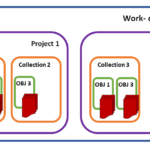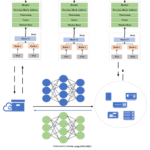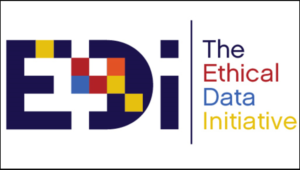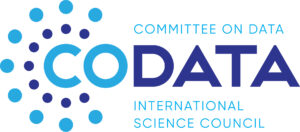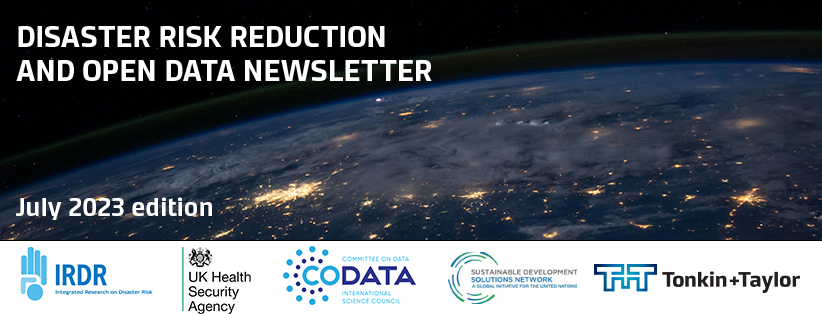
New comprehensive toolkit to support countries after natural disasters
World Bank Group announces comprehensive toolkit to support countries after natural disasters. The World Bank Group today announced a suite of new and expanded actions to help countries respond quickly and effectively to an ever-growing onslaught of crises.
Government of Barbados forms a coalition to develop resilient infrastructure
The Government of Barbados forms a coalition of multilateral banks and organizations to develop resilient infrastructure and to drive new social and nature capital investments, building on its Resilience and Sustainability Facility at the IMF
Integrating gender and social inclusion in nature-based solutions: a way forward
Vietnam, with its vast coastline of over 3,000 kilometres, is not only home to prosperous fisheries and socio-economic activities but also bears the brunt of rising sea levels, flooding, and storms. Women and vulnerable groups are especially susceptible to the negative impacts of disasters and face a continuing income gap. To address both challenges, the World Bank is working with the Vietnamese government to implement a project to enhance coastal resilience through nature-based solutions (NBS).
‘Drought is on the verge of becoming the next pandemic’
Little old England manages to encompass many global water problems – scarcity, over abstraction, pollution, underinvestment, government and regulatory failings, environmental degradation and corporate misconduct – all within the confines of one small country in the far west of Europe.
Embracing nature’s resilience: Combating desertification in Central Asia with Nature-Based Solutions
Drylands in Central Asia are among the most rapidly degrading and climate-vulnerable areas worldwide. Desertification caused by climate change and human activities has led to land degradation, soil erosion, and loss of vegetation and biodiversity that is costing Central Asia over 5% of regional GDP.
Seven ways to reform the global financial system for climate and sustainable development goals
Next week’s high-level summit in Paris for a New Global Financing Pact seeks to find ways to reform the global financial system to simultaneously address climate change, biodiversity and sustainable development challenges worldwide. This is an opportunity to act on the Bridgetown Initiative, which calls for a remake of the global financial architecture to tackle these issues. What changes are needed? A team of SEI researchers offers seven ideas.
Common threads: what we can learn from analyzing multiple disasters
Examining why some natural hazards develop into disasters can reveal resilience-building opportunities with the potential to protect communities from future catastrophe. Just as important as disaster analysis itself is the process of identifying key learnings that can be applied in other contexts, in the pursuit of a more resilient world.
Hope for the best, prepare for the worst: South Asia’s fiscal needs in the era of climate shocks
South Asian countries have come out of the pandemic with eroded fiscal space and record public debt. Global financial tightening is putting additional pressure on government budgets. At the same time, the region’s vulnerability to climate risks—with more than 800 million people currently living in communities that are projected to become climate hotspots—demands substantial resources to prepare for future disasters and build climate resilience.
- SEO Powered Content & PR Distribution. Get Amplified Today.
- PlatoData.Network Vertical Generative Ai. Empower Yourself. Access Here.
- PlatoAiStream. Web3 Intelligence. Knowledge Amplified. Access Here.
- PlatoESG. Automotive / EVs, Carbon, CleanTech, Energy, Environment, Solar, Waste Management. Access Here.
- BlockOffsets. Modernizing Environmental Offset Ownership. Access Here.
- Source: https://codata.org/disaster-risk-reduction-and-open-data-newsletter-july-2023-edition/
- :has
- :is
- :not
- 000
- 2023
- a
- abstraction
- Act
- actions
- activities
- Additional
- address
- After
- All
- also
- among
- an
- analysis
- analyzing
- and
- announced
- Announces
- applied
- architecture
- ARE
- areas
- AS
- asia
- Asia’s
- asian
- At
- Bank
- Banks
- Barbados
- BE
- Bears
- become
- becoming
- BEST
- both
- Budgets
- build
- Building
- but
- by
- Calls
- CAN
- capital
- caused
- central
- central asia
- challenges
- change
- Changes
- Climate
- Climate change
- CODATA
- come
- committee
- Communities
- comprehensive
- contexts
- continuing
- Corporate
- countries
- country
- crises
- Currently
- data
- Debt
- develop
- Development
- disaster
- disasters
- drive
- edition
- effectively
- encompass
- England
- enhance
- environmental
- Era
- Europe
- ever-growing
- expanded
- Face
- Facility
- far
- financial
- financial system
- financing
- Find
- Fiscal
- For
- forms
- from
- full
- future
- gap
- Gender
- Global
- global financial
- global financial system
- Government
- Group
- Group’s
- Have
- help
- high-level
- Home
- HTTPS
- human
- ideas
- identifying
- Impacts
- implement
- important
- in
- In other
- inclusion
- Income
- Infrastructure
- Initiative
- into
- Investments
- issues
- ITS
- itself
- July
- just
- Key
- Land
- LEARN
- Led
- levels
- living
- loss
- manages
- many
- million
- more
- most
- multilateral
- multiple
- Natural
- Nature
- needed
- needs
- negative
- New
- Newsletter
- next
- of
- Offers
- Old
- on
- ONE
- only
- onslaught
- open
- open data
- opportunities
- Opportunity
- organizations
- Other
- out
- over
- pandemic
- paris
- plato
- Plato Data Intelligence
- PlatoData
- Pollution
- potential
- Prepare
- pressure
- problems
- process
- project
- projected
- protect
- public
- pursuit
- Putting
- quickly
- rapidly
- record
- reduction
- reform
- regional
- regulatory
- researchers
- resilience
- resilient
- Resources
- Respond
- reveal
- rising
- Risk
- same
- Scarcity
- Science
- Science and Technology
- SEA
- Seeks
- Sei
- seven
- simultaneously
- small
- Social
- soil
- Solutions
- some
- South
- Space
- storms
- substantial
- suite
- Summit
- support
- susceptible
- Sustainability
- sustainable
- Sustainable Development
- system
- tackle
- team
- Technology
- that
- The
- the world
- These
- this
- tightening
- time
- to
- today
- toolkit
- underline
- Vast
- verge
- vietnamese
- vulnerability
- Vulnerable
- Water
- Way..
- ways
- we
- West
- What
- which
- why
- with
- within
- Women
- working
- world
- World Bank
- worldwide
- Worst
- zephyrnet




